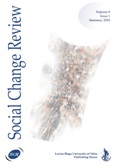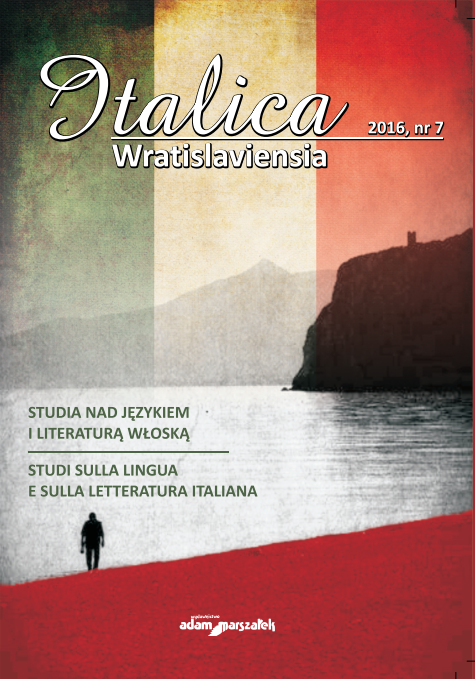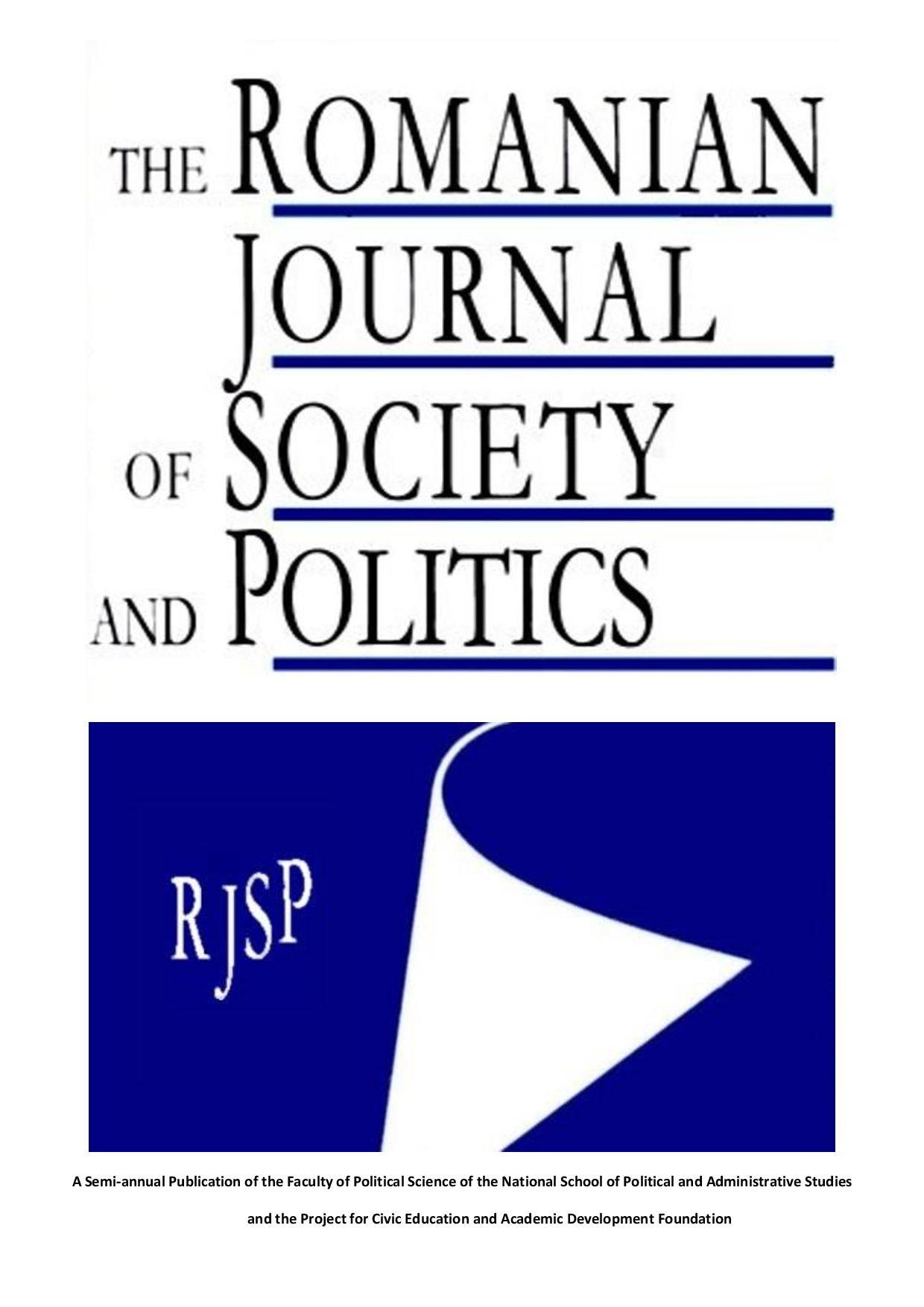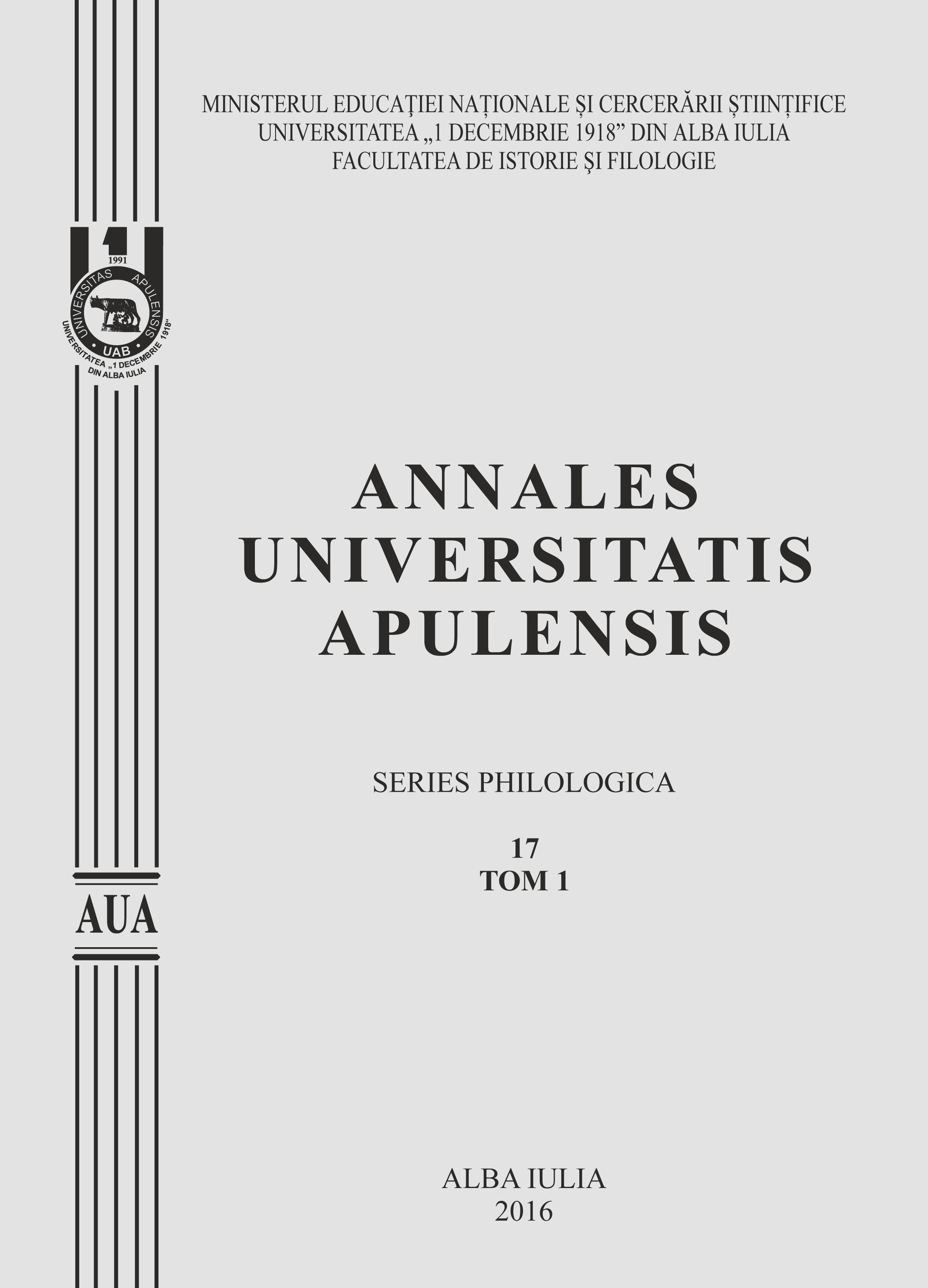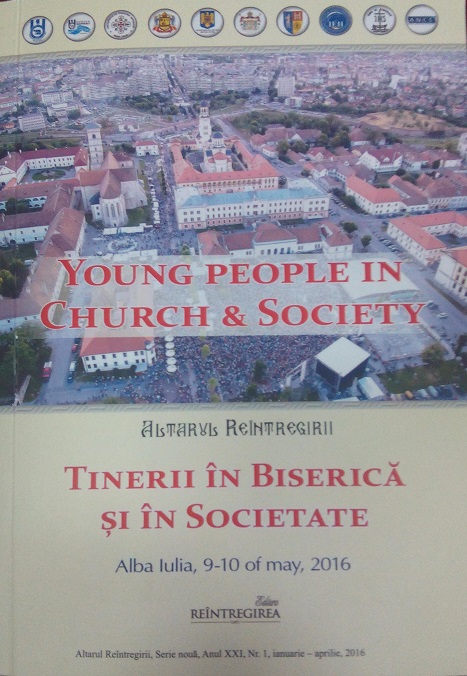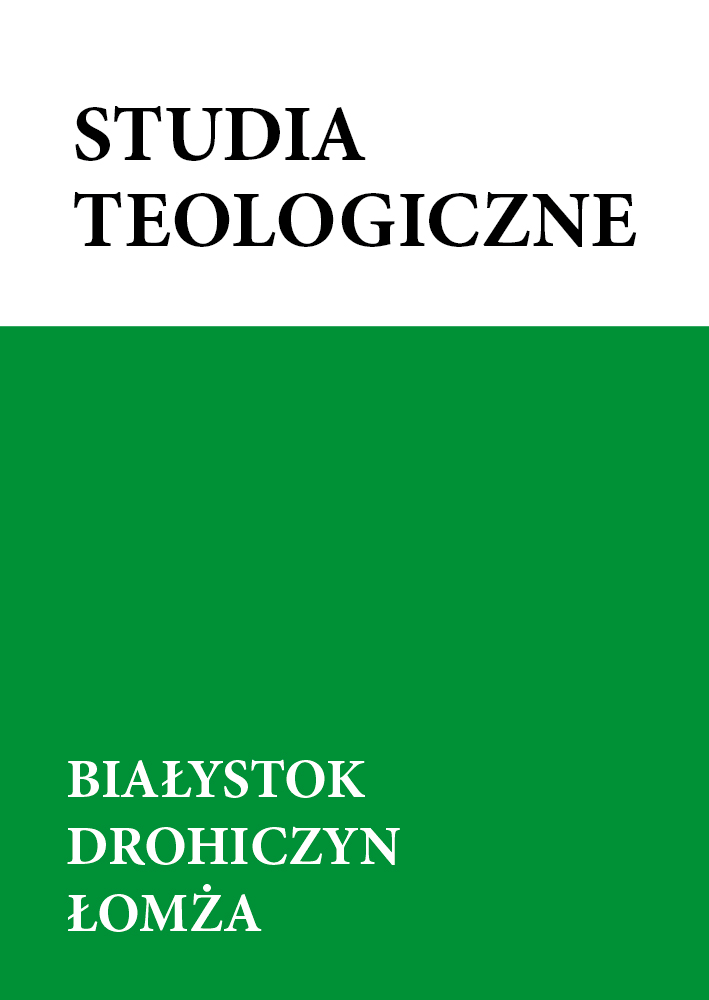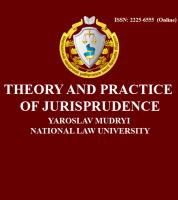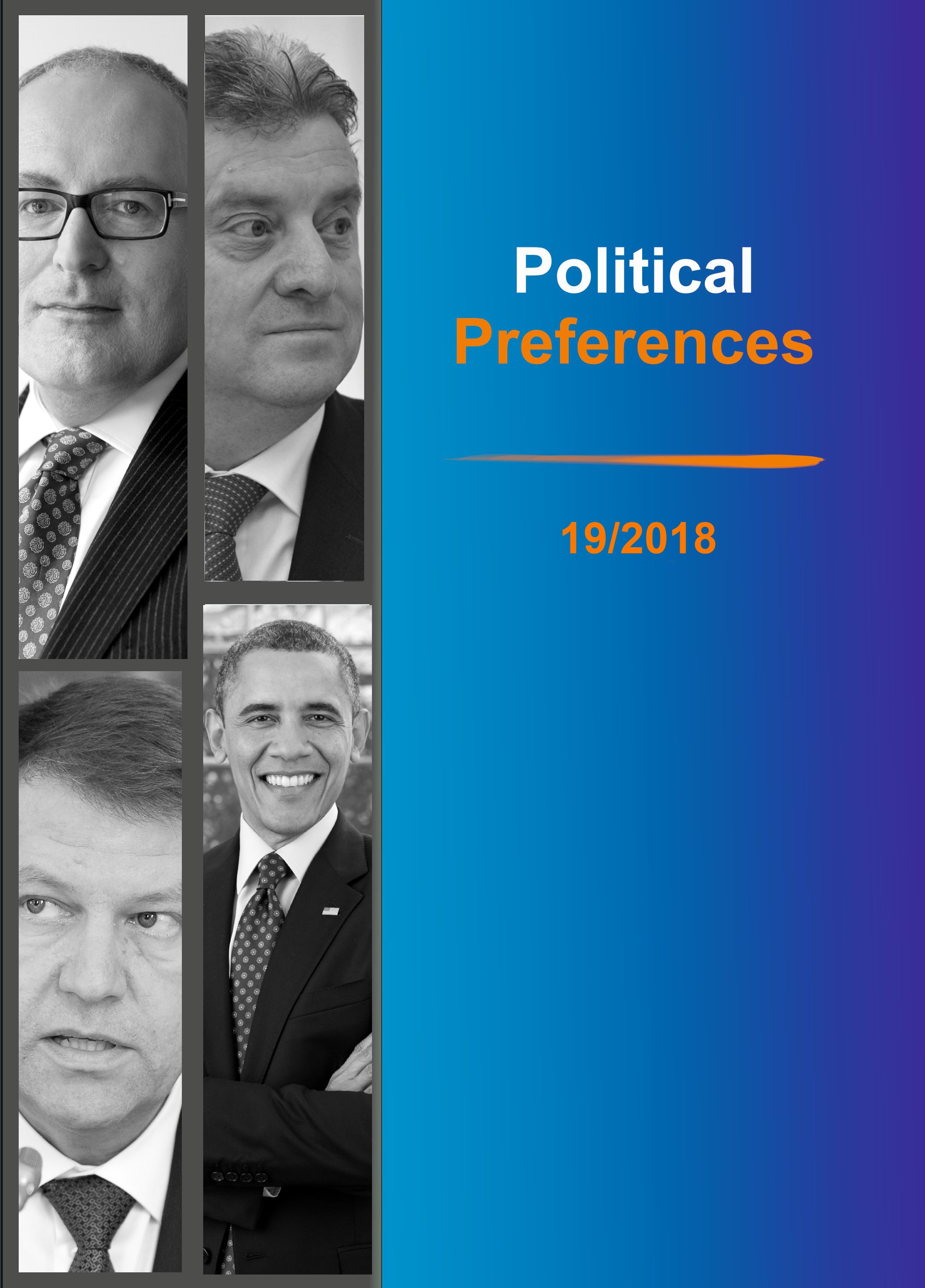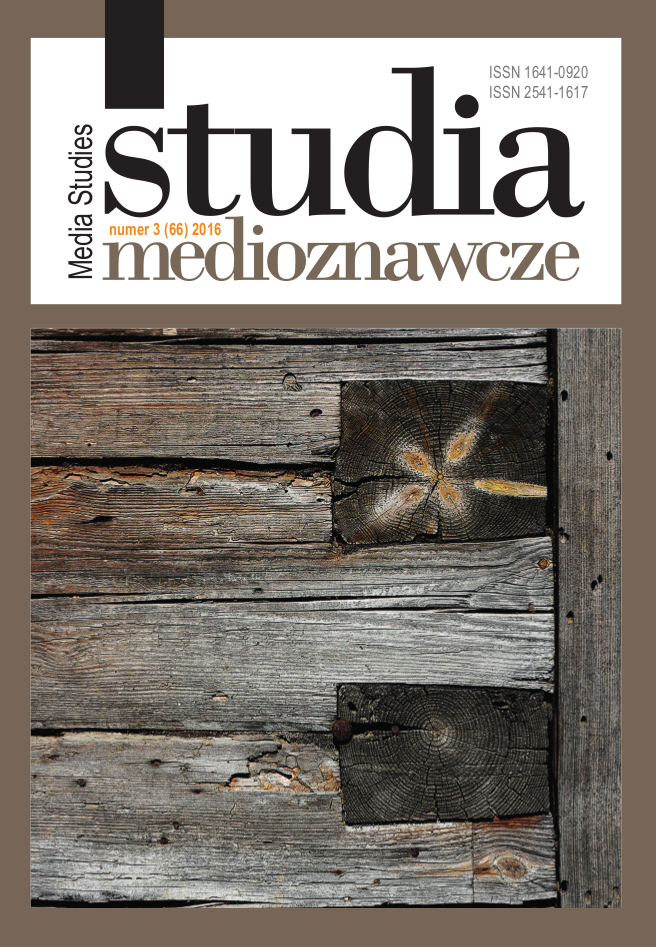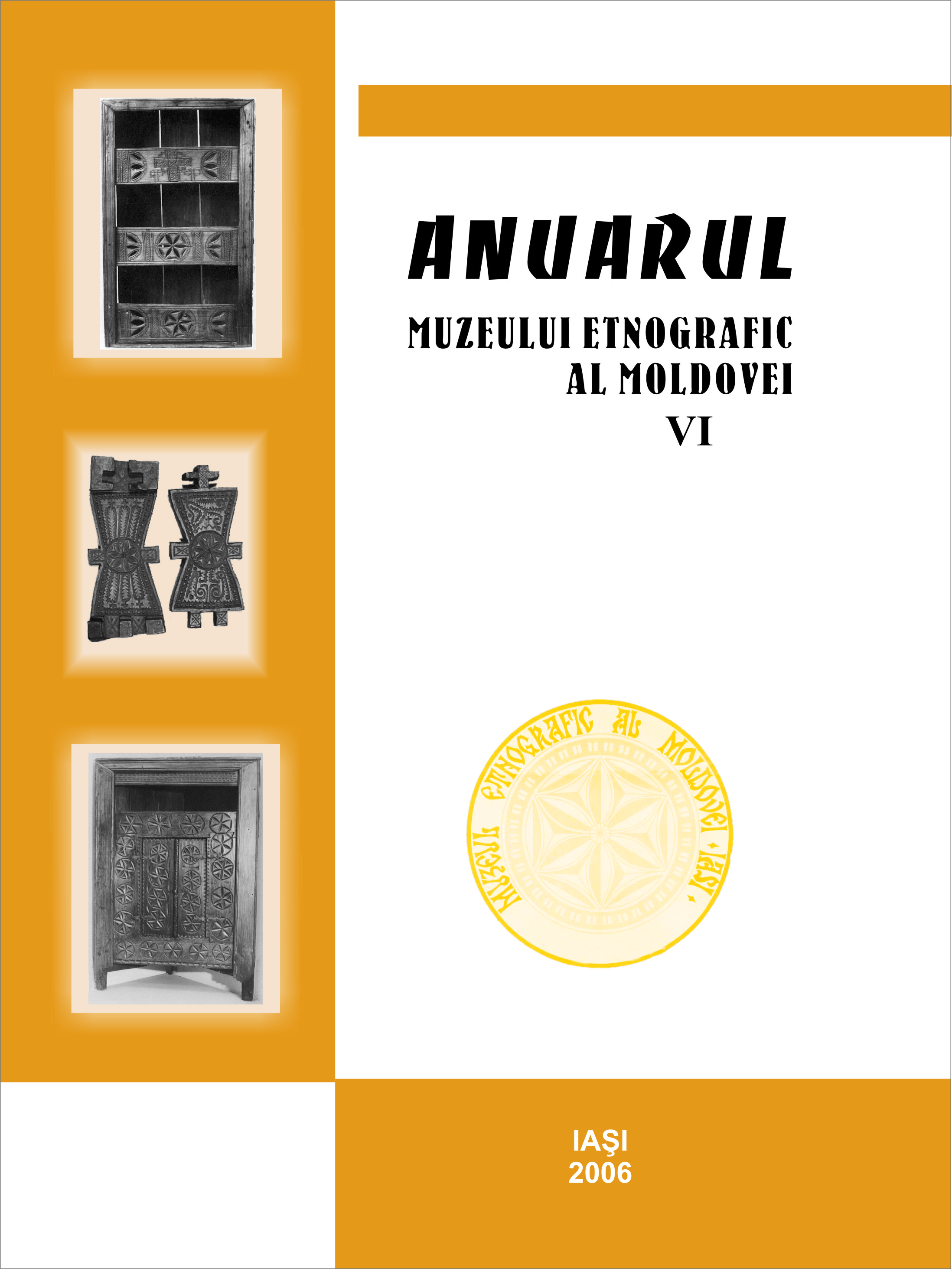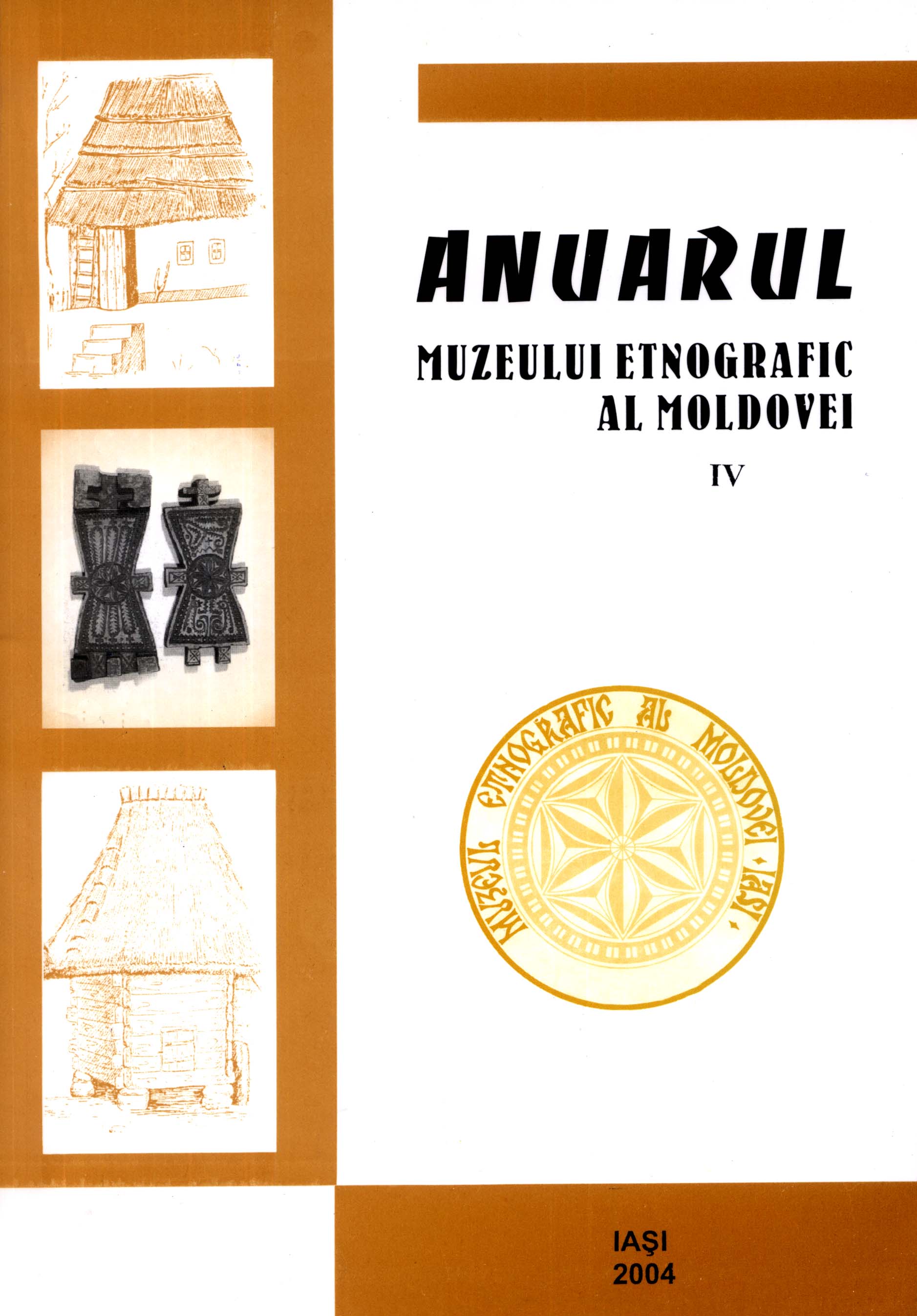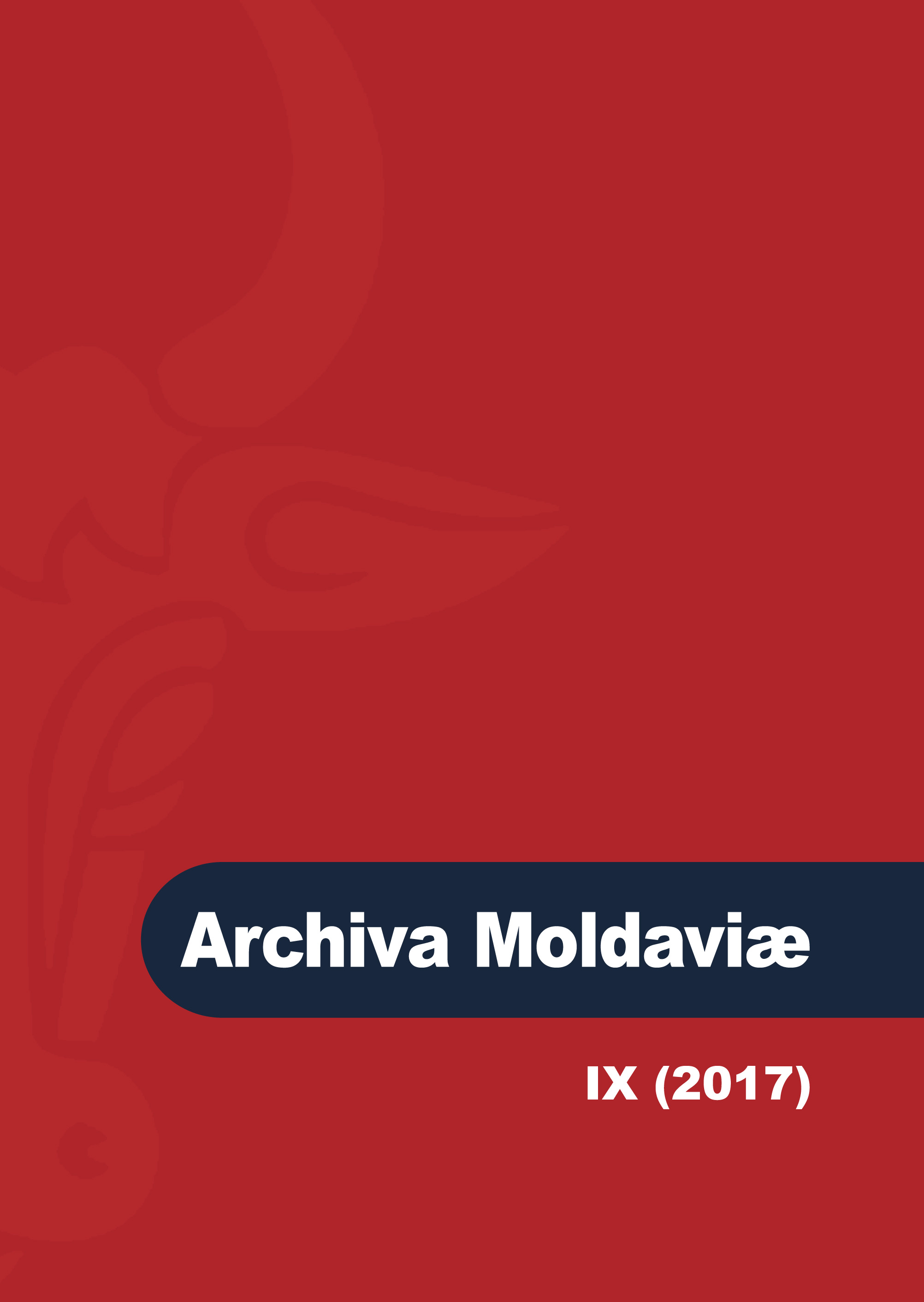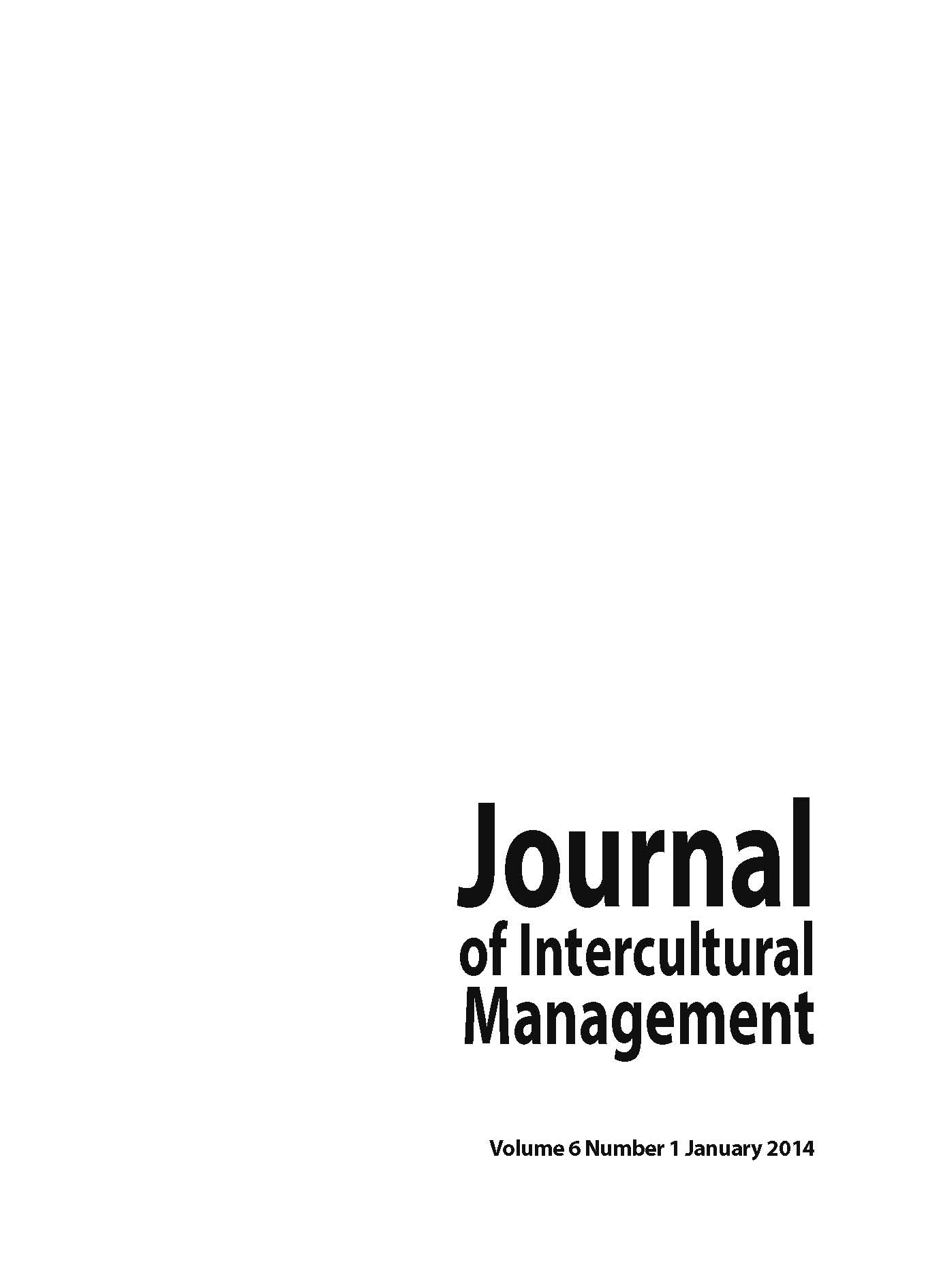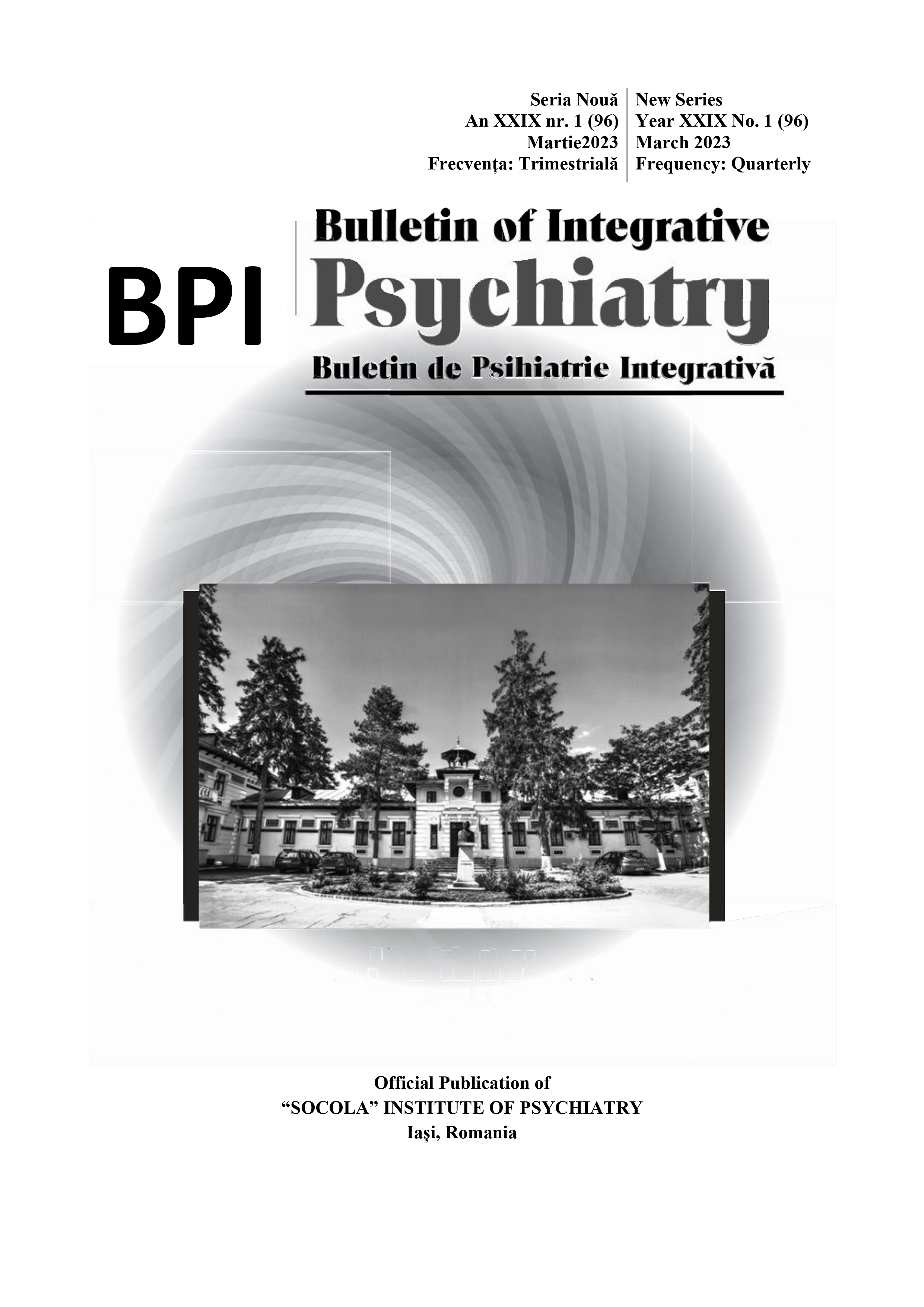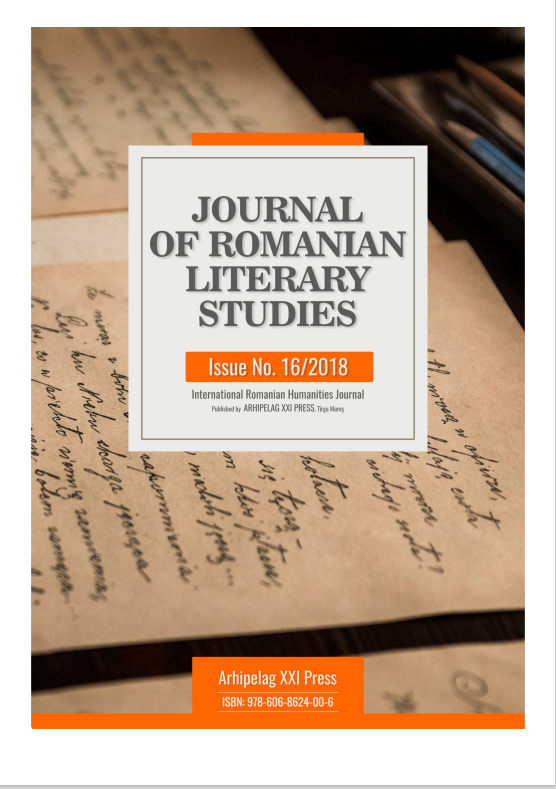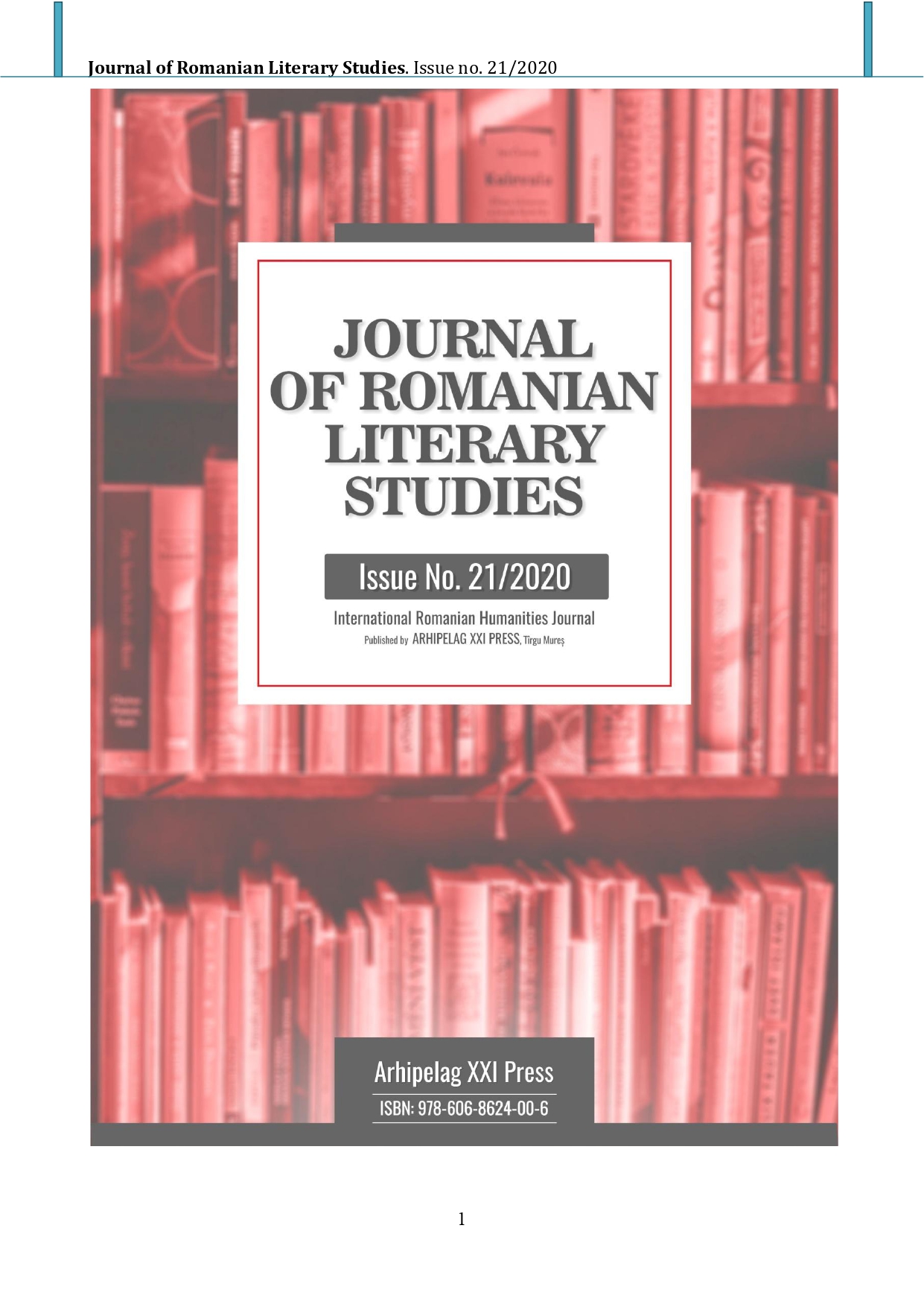Afghan National Army Challenge with Attrition: A Comparative Analysis
Afgan Ulusal Ordusunun Kayıp ve Firarla İmtihanı: Karşılaştırmalı Bir Analiz
Keywords: Afghan National Army; Attrition; Desertion; Retention; Soviet-era Afghan Army; Iraqi Army
This study aims to understand the factors of attrition, which impede ISAF efforts to create a sustainable and effective Afghan army by making comparisons with other countries such as Iraq and Soviet era Afghanistan. Despite the intense efforts, which last a decade, Afghan National Army (ANA) still challenges with the manning problems. ANA is the key Afghan institution, which can play a vital role in stabilization of the country. However, even with the progress to reach total end strength, challenges remain. The first and maybe the most important challenge is the ongoing attrition problem. While the recruiting level of ANA is very high, the attrition rate is very high also. In their first fighting season leading combat operations, ANA units have had high number of casualties, which multiply the desertion rates. The article indicates that ANA is still needed to improve the personnel management capabilities.
More...
